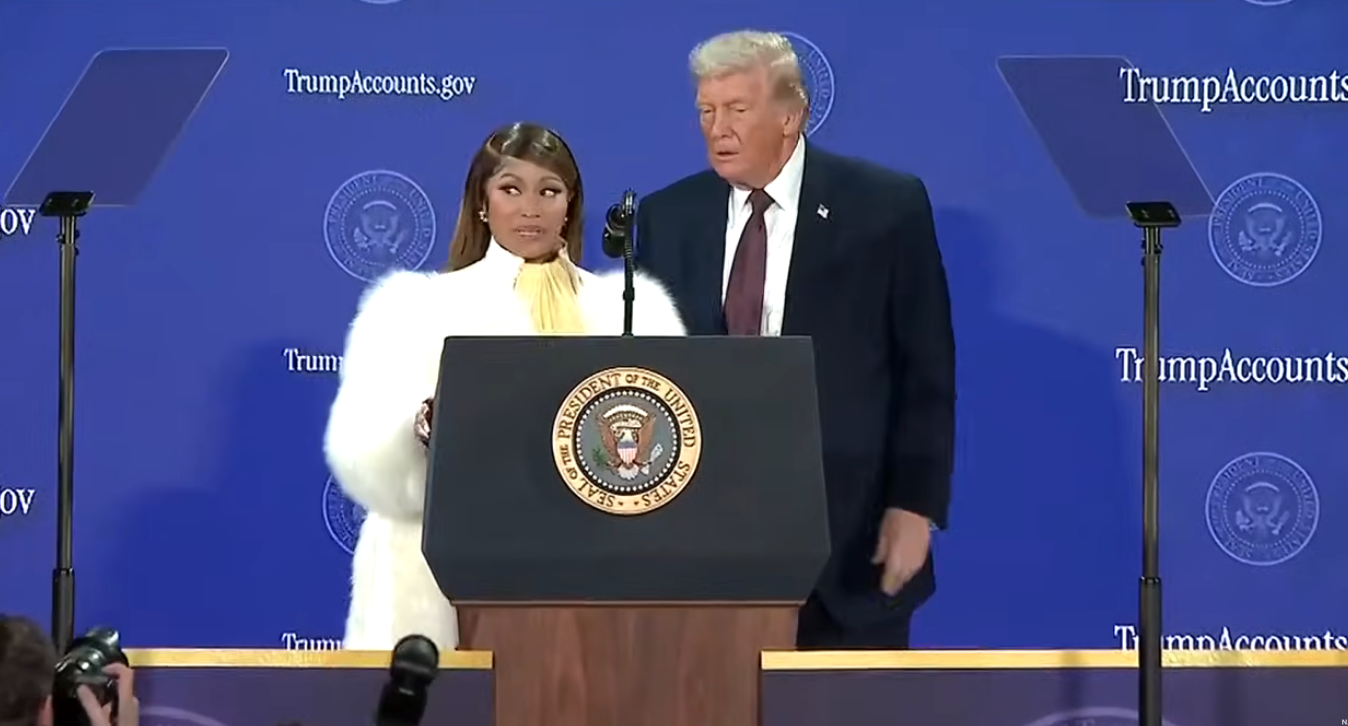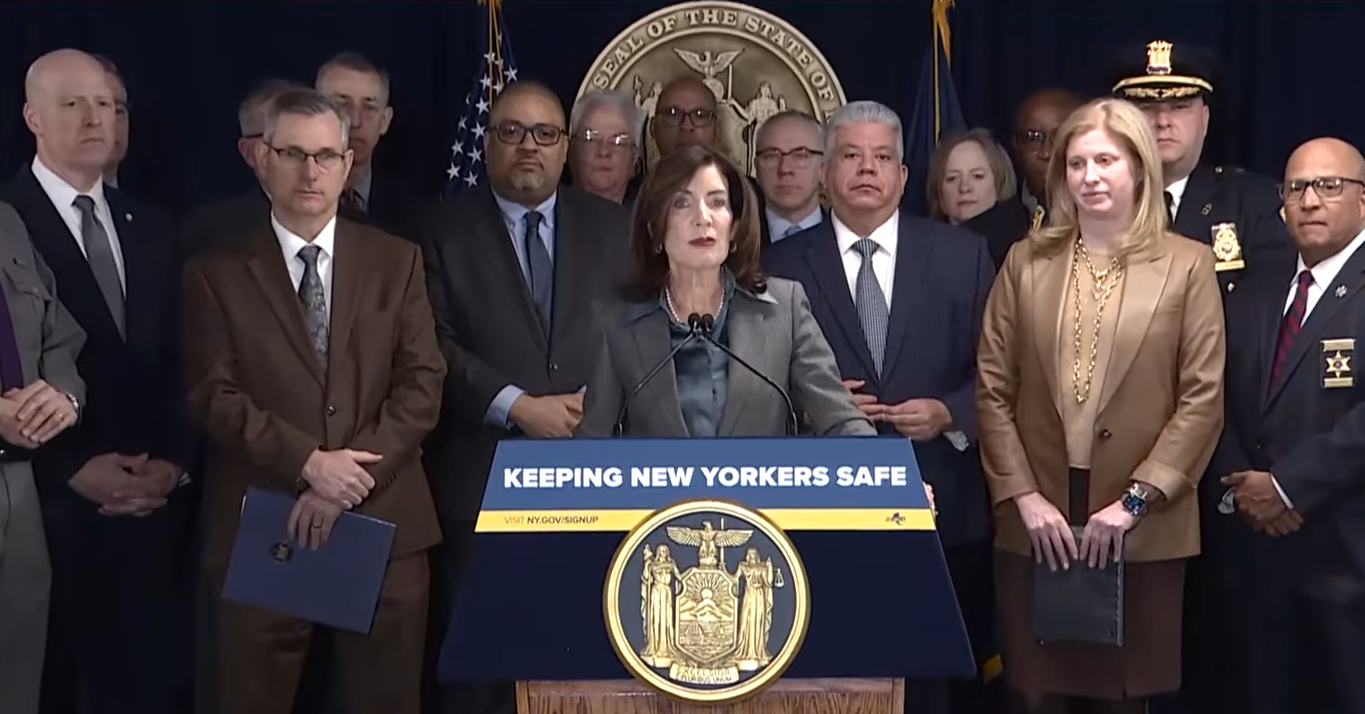[Climate Change]
U.N. Deputy Secretary-General Amina Mohammed on climate crisis: “The way in which we manage the world’s lands is central to combating climate change. And restoring the capacity of the land that feeds, houses and sustains us is core to achieving the Sustainable Development Goals.”
Photo: Wikimedia Commons
U.N. Deputy Secretary-General Mohammed says, “We have no time left to lose” in addressing the world’s climate crisis.
Following are U.N. Deputy Secretary-General Amina Mohammed’s remarks, as prepared for delivery, at the climate change luncheon of the fourteenth Conference of Parties to the United Nations Convention to Combat Desertification, in New Delhi yesterday:
“I want to first thank our hosts for this lunch, which comes just two weeks before the Climate Action Summit.
We come together today because our lands are in a state of crisis. The recent Intergovernmental Panel on Climate Change Special Report on Land and Climate Change revealed that agriculture, forestry and other land uses are responsible for nearly one quarter of greenhouse‑gas emissions. This is all the more concerning since demand for agricultural products is predicted to increase by 50 per cent by 2050.
“As all present today know well, the way in which we manage the world’s lands is central to combating climate change. And restoring the capacity of the land that feeds, houses and sustains us is core to achieving the Sustainable Development Goals. Today, I would like to touch on the latest science, the concrete solutions we need to harness, and the ways in which I hope to leverage the Climate Action Summit and the Decade for Action to deliver the Sustainable Development Goals to advance the land for climate action agenda.
“Firstly, the science is daunting: we extract 90 billion tons of natural resources from land every year. This unsustainable extraction accounts for half of all greenhouse‑gas emissions and over 90 per cent of biodiversity loss and water stress. In the next 40 years, demand for resources could double, reducing forests by 10 per cent and increasing greenhouse‑gas emissions by more than 40 per cent. Combining this with rising seas, unsustainable urban sprawl and encroaching desertification would bring about inequality and instability on a level we have never seen. Initiatives such as those driven by the Group of Friends on Desertification, Land Degradation and Drought and the United Nations Convention to Combat Desertification seeking net land-degradation neutrality by 2030 and the United Nations Decade on Ecosystem Restoration starting in 2021 are calls to action to reverse these untenable trends. The co-leads of the Climate Action Summit tracks — particularly nature-based solutions and resilience and adaptation — stress that we have the solutions to reclaim our lands and launch true circular economies. We must build on existing efforts such as the Bonn Challenge, the New York Declaration on Forests and support regional efforts such as the African Forest Landscape Restoration Initiative and the 20×20 Initiative in Latin America and the Caribbean.
“We also must reclaim the desert through powerful initiatives such as the Great Green Wall. The Great Green Wall has the potential to improve the lives of millions of communities in the Sahel, from Senegal in the west to Djibouti in the east. The initiative has begun to bring life back to Africa’s degraded landscapes, but we must do much more.
“Secondly, scaling land restoration and nature-based solutions for climate action makes sense not only from an environmental perspective, but also for economic and health reasons. The benefits of land restoration are estimated to be 10 times the costs. For every dollar invested in land restoration, our societies stand to gain $10 on average through improved ecosystem services.
“Leaders in this room must help to capture and scale these benefits. Ready financial instruments, policies and business innovations already exist for you to launch in your country contexts. For example, green bonds are funding more efficient and responsible agricultural practices. We see this in the Responsible Commodities Facility launched about one month ago to finance farmers who commit to using degraded pasture for soy and corn agriculture. Similarly, blue bonds are emerging as innovative tools to manage and preserve our oceans and their resources that also sustain our land — such as mangroves for climate resilience and efficient wastewater systems.
“Meanwhile, entrepreneurs are tapping into the economic potential of land restoration. Take BioCarbon Engineering, which uses a drone to plant 400,000 seed pods a day for reforestation projects in Australia, Canada, Myanmar and the United Kingdom. These new market approaches show us that we have the tools to decouple our economies from the extraction of natural resources and invest in policies and instruments that simultaneously yield climate and economic dividends.
“Lastly, over the past year, the Climate Action Summit has mobilized coalitions of countries, international organizations and leaders from the private sector, civil society and indigenous peoples’ groups. These leaders have collaborated to advance transformative initiatives that enhance climate ambition and provide the political and market signals required to deliver the Paris Agreement and carbon neutrality by 2050. A powerful movement around nature-based solutions for climate mitigation and adaptation has emerged from this process. Nature-based solutions are effective, long-term, cost-efficient and can be exponentially scaled up if they are fully valued and receive proper investment. Action is needed now to ensure that they achieve their full potential.
“In two weeks, at the Climate Action Summit, we will see the initial results of this renewed mobilization. Leaders will join the Secretary-General in New York to share their plans to reduce their greenhouse‑gas emissions, enhance their nationally determined contributions and long-term decarbonization plans. I count on all leaders in this room to support the Summit with your plan to help keep global temperature change under 1.5°C. We have no time left to lose.
“Citizens around the world are demanding that we, as leaders, take bolder action to address the climate emergency. Young women and men are imploring us to lead and deliver on our promises of a clean and just transition towards a greener future. We cannot let them down. Thank you.”





